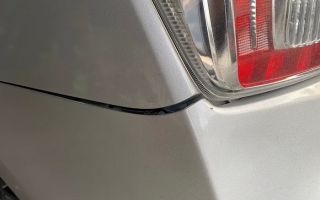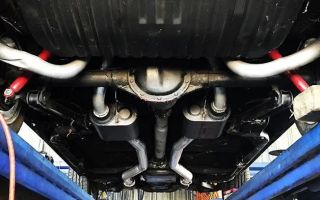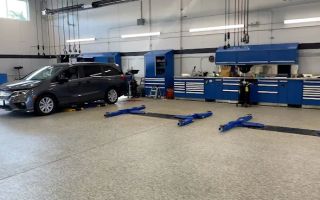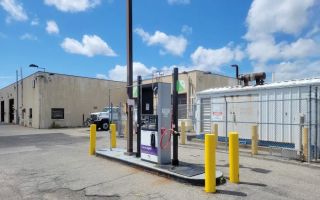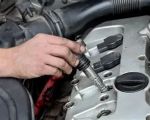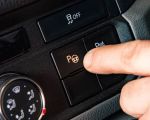- understanding-humidity-and-driving-risks - Why humidity impacts your car and driving safety
- how-humidity-affects-vehicle-performance - The science behind moisture and mechanical issues
- visibility-challenges-in-humid-weather - Dealing with fogging, condensation, and glare
- real-world-driving-scenarios - What drivers have learned from humid weather mishaps
- essential-safety-tips-for-humid-conditions - Proven methods to drive safely and confidently
- vehicle-maintenance-for-humid-climates - Keeping your car in peak condition
- where-to-get-help-when-things-go-wrong - Trusted roadside support from Rescue & Towing
1. Understanding Humidity and Driving Risks
Humidity might not seem as dangerous as rain or snow, but it can quietly compromise driving conditions and vehicle performance. When air is saturated with moisture, it affects everything — from visibility to braking efficiency. For drivers living in humid regions or traveling during tropical seasons, understanding how to handle these conditions is essential for safety and confidence behind the wheel.
High humidity leads to foggy windshields, slippery roads, and even corrosion in key vehicle components. It can make engines struggle and create a false sense of comfort when, in reality, the car’s performance is under pressure. Learning how to adapt your driving habits can make all the difference between a smooth journey and a roadside breakdown.
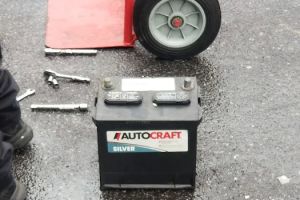
AutoZone Auto Parts
5701 Broadway, Bronx, NY 10463, USA
2. How Humidity Affects Vehicle Performance
When humidity rises, the air holds more water vapor and less oxygen. This imbalance affects how your car’s engine burns fuel. Engines rely on oxygen for combustion, and when there’s less of it, performance may dip, reducing both power and fuel efficiency.
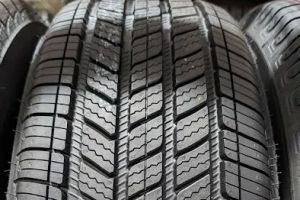
Costco Tire Center
1250 Old Country Rd, Westbury, NY 11590, USA
2.1 The Impact on Engine Efficiency
Moist air can cause incomplete combustion, leading to sluggish acceleration and reduced responsiveness. Drivers might notice their vehicle feeling heavier or less eager to climb hills. Over time, excessive humidity can also lead to moisture buildup in spark plugs and sensors, resulting in misfires or check engine warnings.
2.2 Electrical System Concerns
Humidity is notorious for affecting electrical connections. Moisture can cause corrosion on battery terminals, weaken alternators, or even short-circuit sensitive components. Ensuring your electrical system is dry and protected is critical for dependable performance, especially during humid months.
3. Visibility Challenges in Humid Weather
One of the biggest hazards in humid environments is reduced visibility. Fog, condensation, and windshield glare can appear unexpectedly, making driving more stressful and dangerous. A sudden drop in temperature — such as turning on air conditioning inside a humid car — can instantly fog up your windows.
3.1 Preventing Foggy Windows
To prevent fog buildup, use your car’s defogging system strategically. Switch on the defrost mode with warm air, and crack your windows slightly to balance interior and exterior humidity. Applying anti-fog solutions to your windshield can also help maintain clarity during high-humidity drives.
3.2 Managing Headlight Glare
In very humid conditions, headlights and taillights may scatter light through suspended moisture, creating a hazy effect. Cleaning your headlights regularly and using fog lights when visibility drops will improve your ability to see and be seen by others.
4. Real-World Driving Scenarios
Consider Jake, a delivery driver from Florida who frequently deals with 90% humidity levels. One summer morning, his car stalled midway through a delivery route. The culprit? Corrosion in his battery terminals caused by prolonged moisture exposure. After cleaning and applying a protective coating, his vehicle’s performance improved dramatically.
Another example is Emily, a commuter in Louisiana who constantly fought fogged-up windows on her way to work. Once she learned to balance her AC and defog settings — keeping her cabin slightly warmer — her visibility issues disappeared. Real experiences like these highlight how small adjustments can prevent bigger problems.
5. Essential Safety Tips for Humid Conditions
Driving in very humid conditions demands awareness and preparation. Here are proven strategies to help you stay safe and in control:
5.1 Slow Down and Increase Following Distance
Humidity often accompanies wet roads, even without visible rain. Slowing down and allowing extra braking distance gives your tires more traction and prevents hydroplaning.
5.2 Monitor Tire Pressure
Temperature fluctuations caused by humidity can alter tire pressure. Underinflated tires reduce handling and increase the risk of blowouts, especially on hot, sticky asphalt.
5.3 Keep Lights and Mirrors Clean
Condensation can cloud mirrors and headlights, reducing visibility. Wipe them down regularly and ensure your lights are bright enough to cut through thick moisture.
6. Vehicle Maintenance for Humid Climates
Proper maintenance can prevent many humidity-related problems. Regularly inspect your car’s air filters, battery terminals, and brake systems. Moist air can cause rust buildup in brake lines and undercarriage components, so washing your car — especially the underside — helps prevent corrosion.
Check your car’s ventilation system to ensure moisture doesn’t accumulate inside the cabin. Moldy odors or damp carpets are signs that humidity has already made its mark. Addressing these issues early not only protects your vehicle but also improves your overall driving experience.
7. Where to Get Help When Things Go Wrong
Even the most careful driver can face unexpected issues when dealing with extreme humidity. Whether it’s a stalled engine, fogged visibility, or slippery road conditions, professional assistance can make all the difference. That’s where Rescue & Towing comes in — offering fast, reliable roadside support across the U.S. for drivers facing weather-related troubles.
Our expert team understands how humidity affects both vehicles and drivers. From emergency towing to on-the-spot diagnostics, Rescue & Towing helps you get back on the road quickly and safely. Because when it comes to driving in humid conditions, preparation and support are your strongest allies.


